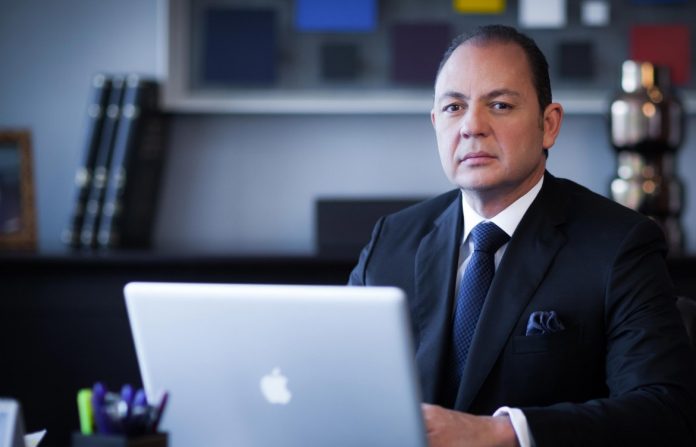The recent ruling by Judge María Tardón of Spain’s National Court to provisionally dismiss the money laundering case against Venezuelan businessman Raúl Gorrín highlights a concerning gap between international efforts to sanction high-level corruption and the judicial response in Europe. This insight comes from Transparency International.
Despite being sanctioned by the United States and wanted for multiple financial crimes related to the embezzlement of over a billion dollars from Pdvsa, Gorrín benefited from a ruling that disregards both international investigations and the firm sentences against several of his associates.
Spanish justice archives case against Raúl Gorrín thanks to dismissal ordered in Venezuela
The primary argument by the judge to archive the case is based on the lack of “indications of criminality” and a sentence issued in 2020 by a court in Caracas that absolves the businessman. However, this Venezuelan ruling comes from a judicial system widely criticized by international organizations for its lack of independence and its use as a cover-up and persecution mechanism.
The case against Gorrín is part of the so-called “macrocase Pdvsa,” a complex network of files documenting how entrenched corruption within the state oil company enabled the creation of opaque financial structures used to launder money in Europe and America. The operation “Money Flight”, investigated by U.S. justice, has already led to convictions, confessions, and sanctions against some of those involved. Nevertheless, Gorrín continues to evade any legal responsibility outside Venezuela.
Tardón’s decision is not an isolated incident. In recent years, the same judge has closed investigations against other significant figures in the looting of Venezuelan public funds. This includes the wife of businessman Roberto Rincón, former deputy minister Nervis Villalobos, and former official Javier Alvarado, all identified by prosecutors and courts in the United States.
For organizations like Transparency Venezuela in exile, these decisions undermine the international fight against corruption and send a dangerous signal of impunity. In a context where the Venezuelan judicial system offers no minimum guarantees and the networks of corruption are transnational, cooperation and coherence between prosecutors and courts in different countries is crucial.
By referencing a ruling from the Venezuelan judiciary—deemed by the United Nations, the Inter-American Commission on Human Rights, and the International Criminal Court as an instrument of impunity—the Spanish justice system not only dismisses evidence and proceedings established in other jurisdictions but risks becoming a legal haven for operators of Venezuelan embezzlement.
The case file for Raúl Gorrín remains open in the United States. Investigations are ongoing. However, the disconnect between judicial systems that should complement each other exposes the limits of justice against corrupt structures operating beyond national borders.
